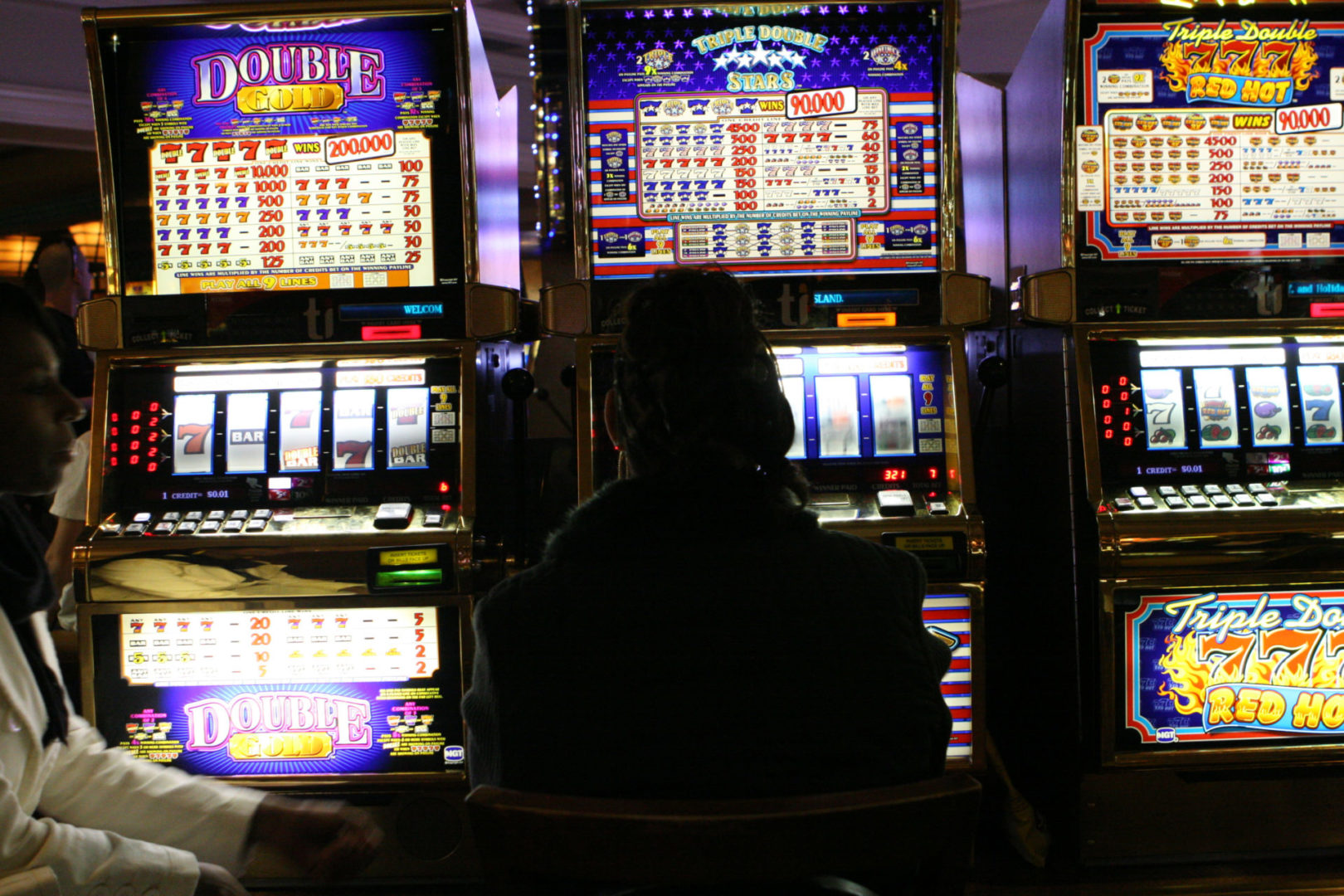In his June 14 column, John Hook states that he understands the opposition to the Nittany Mall Casino. After skimming through the 704 messages to the Pennsylvania Gaming Control Board (PGCB) opposing the casino and the 68 messages in support of it, he concludes that “it seems as if there are more emails against the casino than in favor of it.” Indeed.
John does not address the numerous arguments against the casino on saynocasino.org. Instead, he links our community’s opposition to the casino to a fictional movie and an unrelated protest.
The overwhelming majority of the messages opposing the casino have been written from our own community, with many contributors indicating residency in their messages. Volunteers from State College have gone door-to-door collecting signatures opposing the casino throughout the local community, and most of the people who signed the online petition are also local. Over 3,300 distinct people have signed these petitions in total, including nearly 5% of the total population of College Township. A summary of the petitions is available on saynocasino.org; full versions of the petitions including local contact information for most signatories have been submitted to the PGCB.
Most of us who oppose the casino recognize that our own interests align with the welfare of our community. The arguments that the casino would help the local economy are false, and copious research and numerous media publications documenting the harms caused by casinos are readily accessible on saynocasino.org.
In contrast, the Nittany Mall Casino’s developer previously developed a casino in Valley Forge and then sold it six years later. His partner, Bally’s Corporation, has no prior investments in Pennsylvania. Bally’s Corporation also recently sued its two host municipalities in Rhode Island demanding that its promised tax payments be reduced.
Social norms change, but wisdom remains the same – casinos redistribute the wealth of the people who gamble in them while taking a cut for themselves; an extractive process that redistributes money from the poor to the rich. Since the majority of gamblers at the Nittany Mall Casino would come from our own local community, the casino would hurt our community rather than drawing additional revenue here from elsewhere. The tax revenue generated by the casino would be generated at the expense of people who have become addicted to gambling while causing serious harms to people who would never gamble themselves.
John visited a community near a casino and didn’t see evidence of poverty or crime during the few days he was there. He may be unaware that gambling addicts are largely invisible until the late stages of their addiction, and gambling addicts who have lost their jobs or homes or died by suicide are no longer there to be seen at all. Much like the opioid crisis, gambling addiction is already an epidemic that is hollowing out our communities from the inside.
Please visit saynocasino.org/ and review the research yourself, and make up your own mind about whether you want a casino in our town.
Andrew Shaffer,
State College



